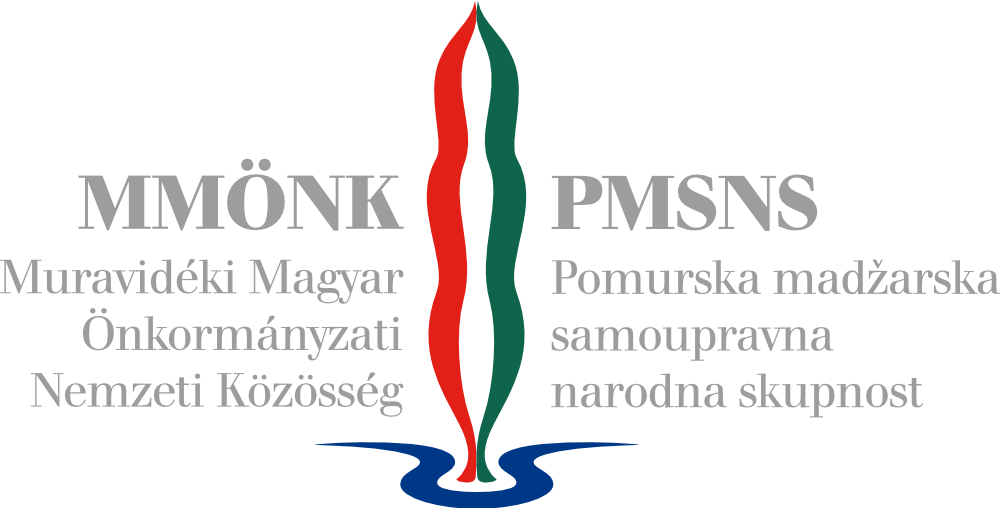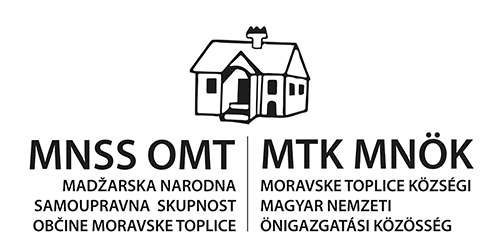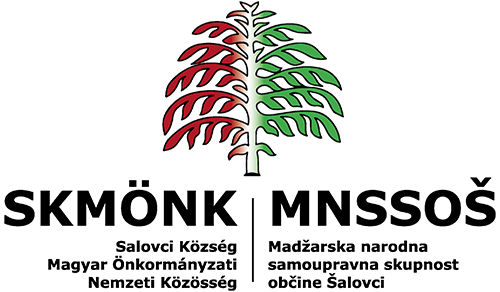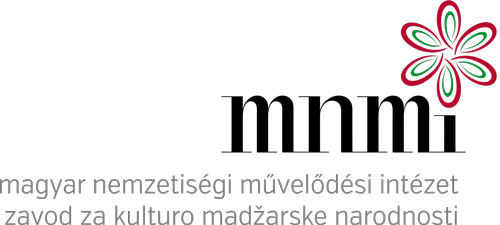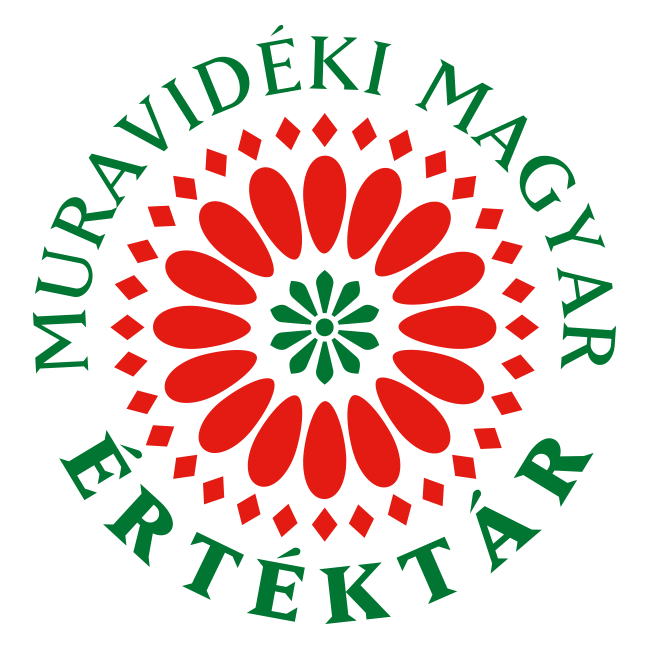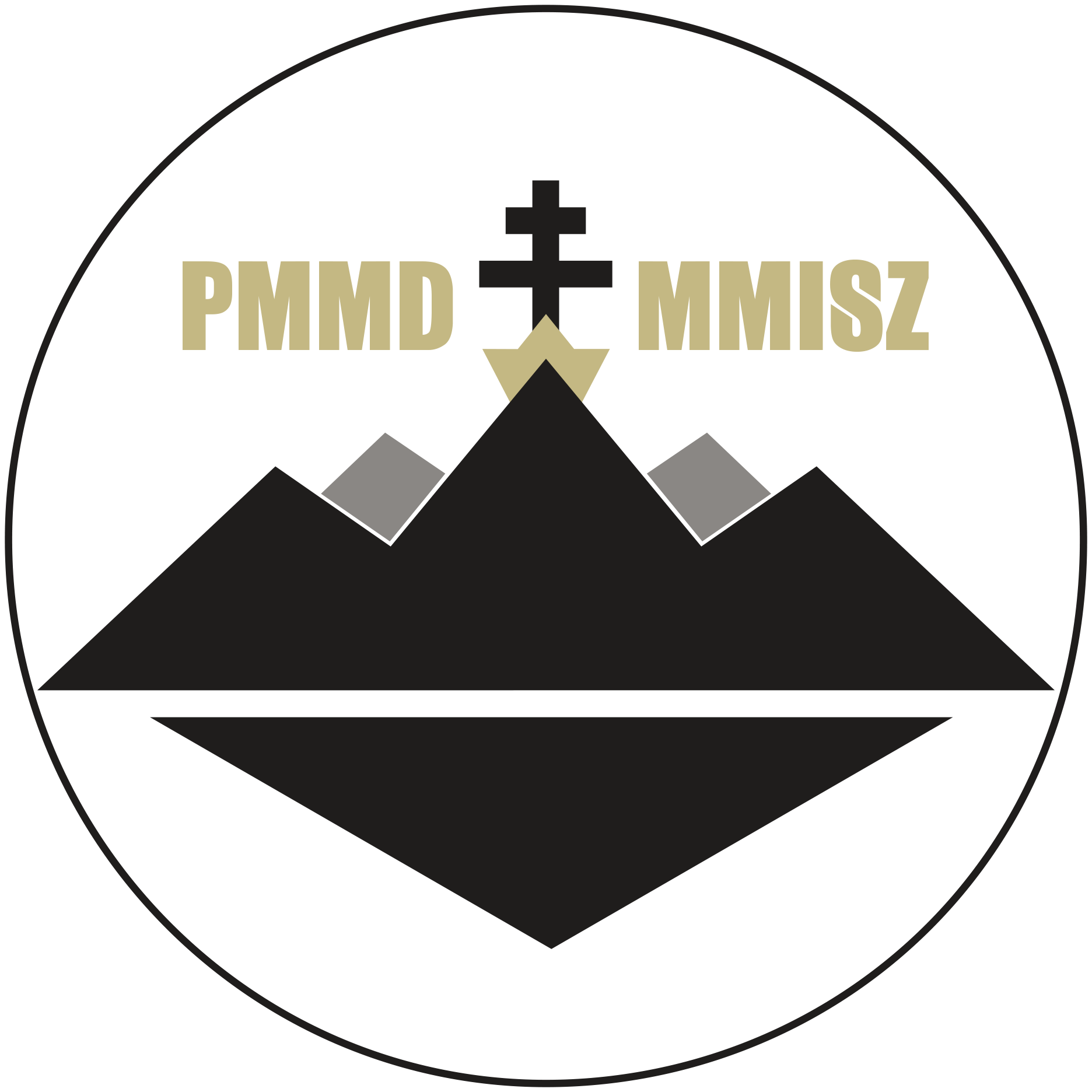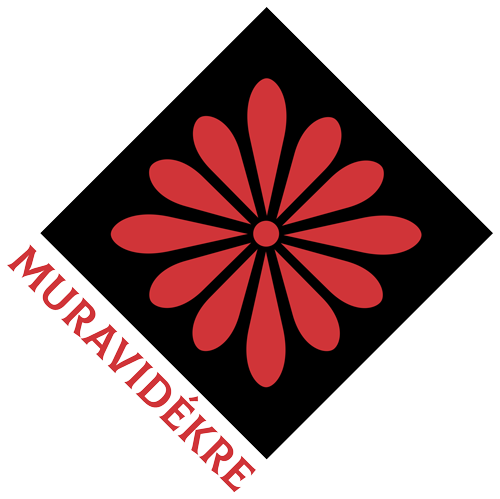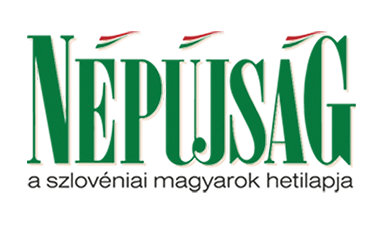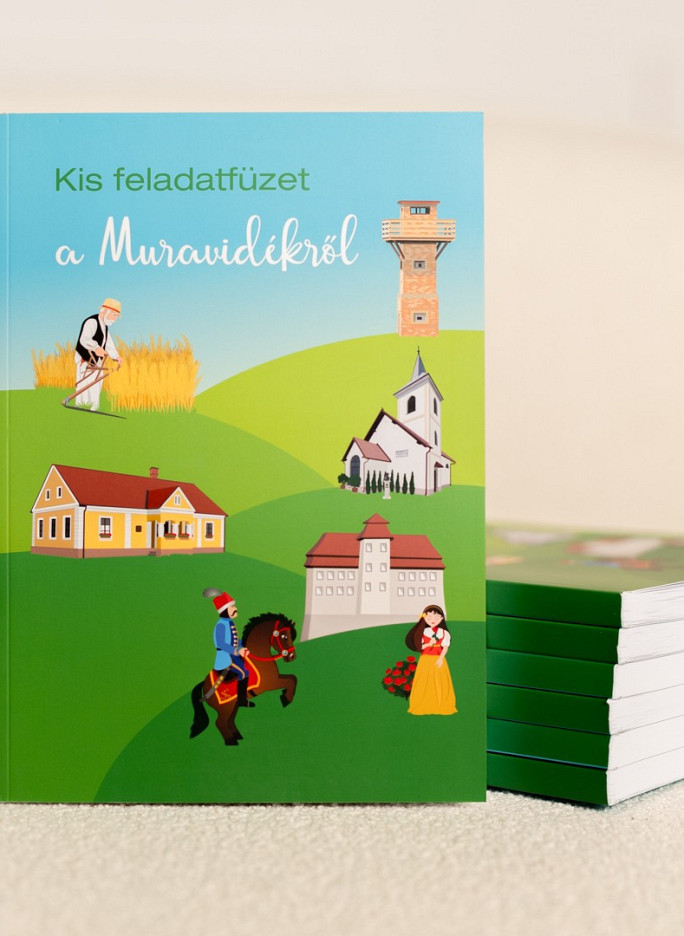 A Task-Enriched Journey of Discovery: Destination Prekmurje!
A Task-Enriched Journey of Discovery: Destination Prekmurje!
Epiphany, also known as Three Kings´ Day
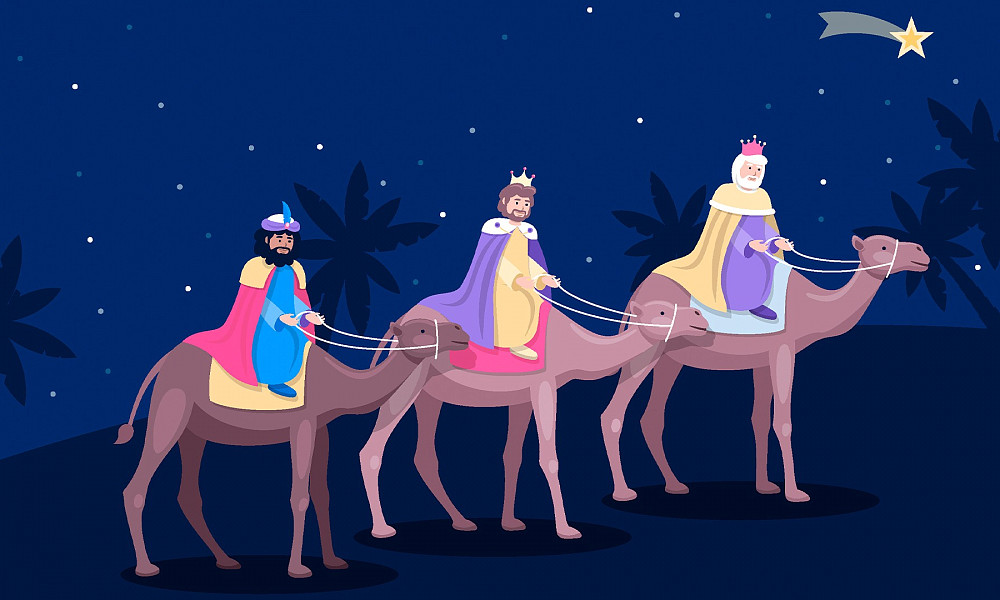
Epiphany, or Three Kings´ Day, marks the end of the Christmas season and the opening of the Carnival season. According to the Church, the 6th of January is the Feast of the Epiphany. The word epiphany is of Greek origin and means “revelation”. The Feast of Epiphany includes the three godly manifestations of Jesus Christ to the world. The first is the coming of the Three Wise Men, that is the Three Kings, who visited Jesus after his birth in Bethlehem to express their adoration. The second is the moment when John the Baptist baptised Jesus in the River Jordan. The third manifestation is the first miracle of Jesus that took place at the wedding feast at Cana where Jesus transformed water into wine.
In remembrance of Jesus´ baptism, water is consecrated in catholic churches which is said to have healing effects and believers can take some of this water home. The consecrated water used to be used in almost all areas of life. On the day of the consecration of the water, they consecrated the animals, people even drank from it and some of the water they even poured into their wells. Part of the consecrated water, however, was put aside all year long. They used this water to consecrate women who gave birth, and betrothed couples on their way to their weddings. They also used the water in cases of illness, for instance, by dipping their fingers in the water and drawing a cross on the sick child´s head. This was the water used at funerals as well.
From the 16th century onwards, part of the festivities was the so-called “háromkirályjárás” or “The Walking of the Three Kings” which was a performance acting out the journey of the three kings. Children in groups of three dressed up as kings in fine clothes. They would put steeple-crowned hats made of paper on their heads symbolising the crown, however, their main prop was the star that guided the three kings on their way to Bethlehem. This custom comprised the consecration of the house or apartment when the homes were sanctified by holy water. Another custom is linked to this – the writing of the initials of the names of the Three Wise Men (Caspar, Melchior, Balthazar/Gáspár, Menyhért and Boldizsár in Hungarian) together with the numbers of the current year on houses, for example, 20 + G + M + B + 23. In the German language territory, the G + M + B was C + M + B, which stood for Caspar, Michael and Balthasar and the latter German version could also be interpreted as “Christus mansionem benedicat” meaning “May Christ bless this house”. People thought that this inscription would protect the house from all evil.
The Feast of Epiphany was associated with several folk customs but from these, apart from “The Walking of the Three Kings”, only one remains, the of taking down the Christmas tree on this particular day.
Sources:
- Tátrai Zsuzsanna: Jeles napok, ünnepi szokások. Budapest: Planétás Kiadó, 1997.
- Halász Albert: Jeles napok, népi ünnepek a Muravidéken. Lendva: 1999, Studio Artis Kiadó.






